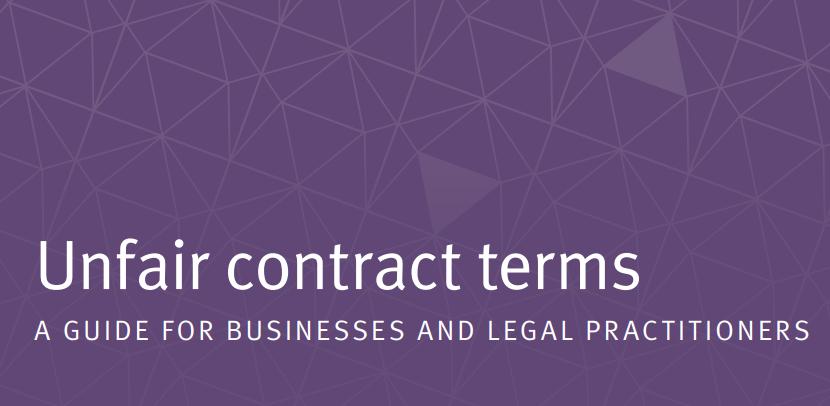Getting the Most Out of Australian Consumer Laws
Getting the most out of Australian consumer laws involves understanding how they work, and knowing what to do when they don’t work for you. We’ll discuss some common situations where you may be in trouble with these laws, and how you can avoid them.
Unfair contract terms
Currently, the unfair contract terms in Australian consumer laws are governed by both the Australian Competition and Consumer Commission (ACCC) and the Australian Securities and Investments Commission (ASIC). These agencies work together to ensure a consistent approach to compliance.
Unfair contract terms in Australian consumer laws apply to contracts entered into by both small businesses and consumers. These terms are defined in the ASIC Act and Australian Consumer Law. These laws have been designed to discourage unfair terms in contracts and to protect consumers from unfair contract terms.
Currently, the maximum penalties for breaches of the ACL are $10 million. This amount has not changed for almost 30 years. The Federal Government has recently proposed new legislation that will strengthen the ACL. This will include increased penalties and a more aggressive regime for unfair contract terms. The new legislation is designed to ensure that the ACCC has the power it needs to protect consumers.
Under the new legislation, the maximum penalties for unfair contract terms will increase by 30 per cent. This increase is in line with recent trends toward higher fines. These penalties will be based on the value of all supplies made by related bodies corporate.
The new legislation will also make it easier for courts to void terms that are unfair. The current UCT regime does not provide sufficient deterrence for unfair contract terms. Consequently, large businesses are at risk of seeing contraventions as acceptable costs of doing business.
‘Standard form’ contract
Until recently, standard form contracts (such as buying a property) were not subject to Australian Consumer Law or UCT laws. Earlier this year, changes to the law were made to ensure that consumers are aware of certain terms and to improve consumer protection. These changes are set to come into effect November 10, 2023.
The UCT law is designed to protect consumers from unfair terms in standard form contracts. A new presumption has been introduced into the law to identify unfair terms in standard form contracts.
The new UCT law also gives courts the ability to impose significant civil penalties on companies using unfair contract terms. This will make unfair contract terms unlawful.
Despite these changes, there are still some legal pitfalls to be aware of. It’s a good idea to have a lawyer review standard form contracts to ensure that they comply with the new laws. You could also find yourself subject to a court application by a disgruntled customer.
In addition to the UCT law, Australian Consumer Law and the Fair Contract Terms Act also have some new laws on the books. These laws have been designed to provide greater clarity to consumers and to give small businesses more confidence that they are getting the best deal out there.
The Fair Contract Terms Act also encourages companies to do the right thing and amend their standard form contracts if they believe they have been miserably cheated. There are also new laws that provide greater comfort for landlords of retail premises.
Examples of unfair terms in contracts
Fortunately, Australia has a consumer protection law which protects consumers from unfair contract terms. These laws are administered by Commonwealth, state and territory agencies. In particular, the Australian Consumer Law (ACL) covers contracts for goods and services worth up to $1,000,000, or at least $300,000 at the time of entry into the contract and may involve payments of compensation.
The ACL gives courts the authority to determine whether a particular term is an unfair standard form term. The ACL does not include all types of unfair standard form terms.
For example, a term that prevents inspection of goods or services may be considered an unfair term. However, it may be necessary to ensure the validity of specific transactions.
In other cases, a term may seem to be an unfair term on its own, but it is less likely to be considered an unfair term if it is qualified. For example, a term requiring a consumer to obtain access to business records may be considered an unfair term, but it might be less of an unfair term if the consumer is given an independent assessment.
There are many terms and conditions in a contract. However, an unfair term is one which threatens sanctions beyond those imposed by law and can be reviewed by your contract law specialist lawyers.
The most obvious example of an unfair term is a term that allows a business to break its contract without penalty. It may be a simple term that allows a business to wiggle out of its obligations without penalty, but it may also be a term that restricts the consumer’s rights, such as requiring a consumer to bring legal proceedings in a foreign jurisdiction.
Share on Facebook





